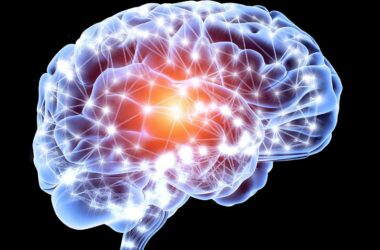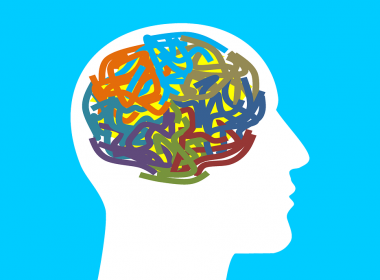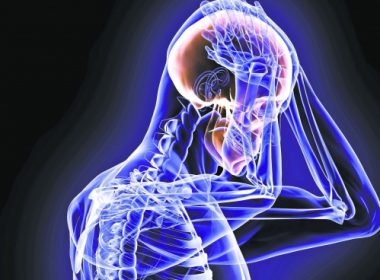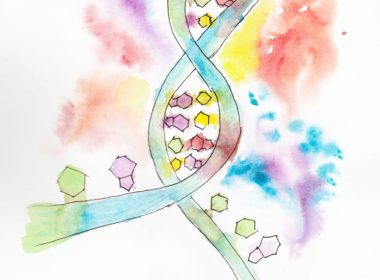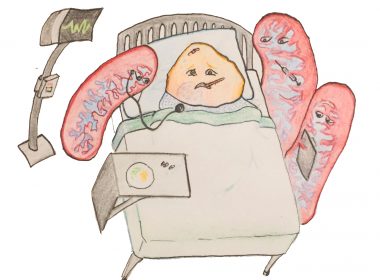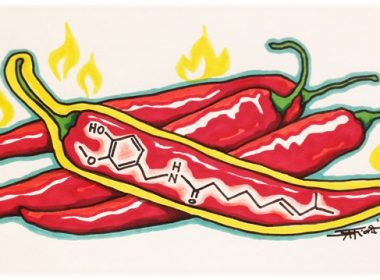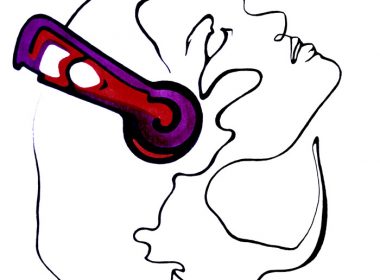Autosomal recessive spastic ataxia of Charlevoix-Saguenay (ARSACS) is a rare neurodegenerative disease first identified in the Charlevoix-Saguenay region of Quebec. The disease affects muscle control, making a range of activities, from swallowing to speaking to walking, more difficult. Brenda Toscano Marquez, a postdoctoral researcher, and Alanna Watt, a biology professor[Read More…]
Tag: neurology
How inattention-hyperactivity affects the brain
A new study published in The Canadian Journal of Psychiatry sheds light on the relationship between brain development and behavioural disorders such as inattention-hyperactivity disorder, a condition similar to Attention Deficit Hyperactivity Disorder (ADHD). “The term inattention-hyperactivity, as defined in this study, refers to a set of behaviours such as fidgeting and[Read More…]
Mind your brain: Improving concussion care
On Jan. 30, Concussion MTL hosted “Looking Ahead: Improving Concussion Care,” a speaker series focused on concussion prevention, care, and rehabilitation. The CDC defines concussions as traumatic brain injuries caused by a blow to the head, or by a hit to the body that causes the brain to twist or[Read More…]
mRNA acts as marker in Alzheimer’s patients
Through mathematical modeling and collaboration with scientists at the University of California San Francisco (UCSF), McGill researchers, including Rached Alkallas, graduate student in the Department of Human Genetics and the primary author of the seminal study published in Nature Communications, have identified a protein that sharply decreases in patients with[Read More…]
The mitochondria: More than just the “powerhouse of the cell”
The cells in our bodies perform functions that have yet to be fully understood. These structures which have existed for two billion years continue to baffle the scientific community. The mitochondria, an organelle with many unique features and functions, has been a topic of widespread research ever since its discovery[Read More…]
How peppers both produce and prevent pain
Scorching heat, exasperated breathing, and trickles of sweat aren’t necessarily the result of a lengthy stay in a sauna or running on a hot day. They can instead result from a bite of spicy food. The chemical capsaicin causes the spicy sensation that some hate and others love. This compound[Read More…]
From beeps to dancing: The effect of the motor system on auditory input
In a recent study, Benjamin Morillon, a researcher at the Montreal Neurological Institute of McGill University and Sylcain Baillet, the head of the Lab at MNI that lead the study, took a look at the surprising relationship between the auditory system and the motor cortex of the brain. Both of[Read More…]
